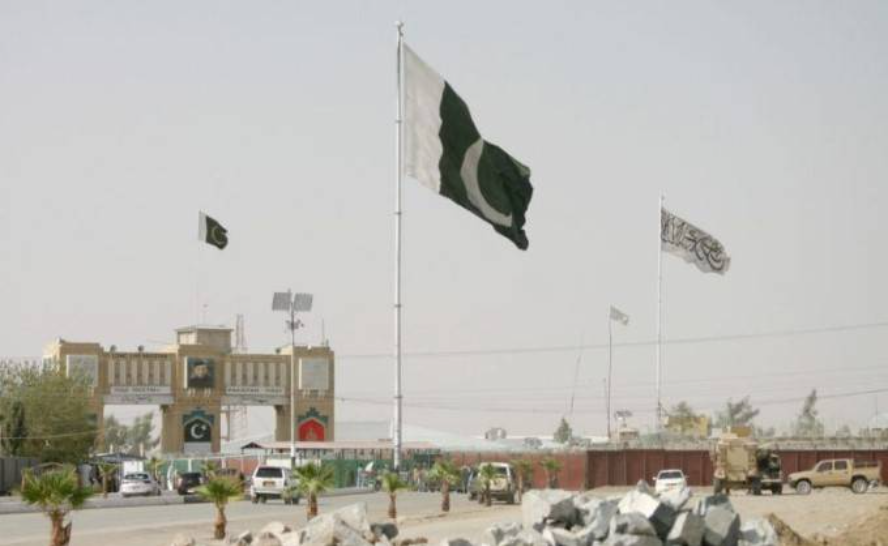Defence ministers from both nations lead delegations in Qatar-hosted talks, with cross-border terrorism as the key agenda item

News Desk
DOHA: In a critical diplomatic engagement aimed at stemming regional instability, high-level negotiations between Pakistan and the Afghan Taliban’s interim government commenced in Doha on Monday.
The talks, meticulously facilitated by Qatari Intelligence Chief Abdullah bin Mohammed Al-Khulaifi, represented a concerted effort to de-escalate mounting tensions centered squarely on the long-contested issue of terrorist safe havens.
The dialogue brought together delegations spearheaded by both nations’ defence ministers, with Pakistan’s contingent led by Khawaja Asif facing the Afghan delegation represented by Mullah Yaqoob. Diplomatic sources indicated that Islamabad arrived with a sharply defined and urgent objective.
Pakistani officials presented what was described as a “single-point agenda,” directly pressing their counterparts on the incendiary matter of cross-border incursions. They asserted that militant groups were continuing to plan and launch devastating attacks from sanctuaries deep inside Afghan territory, a claim that has fueled public anger and military frustration in Pakistan.
The gravity of the discussions was further underscored by the composition of the Afghan team, which notably included their intelligence chief. This move signaled that the talks were firmly rooted in hard, actionable security concerns rather than broader diplomatic overtures.
Reflecting this intense focus, senior Pakistani security officials were present alongside their minister, providing crucial technical expertise and on-the-ground intelligence to substantiate their claims. This dialogue in the Qatari capital unfolded against a backdrop of increasingly firm and public statements from the highest levels of Pakistani leadership.
Prime Minister Shehbaz Sharif had recently characterized the “problem of Afghanistan” as a primary national security challenge, weaving it into a broader narrative of existential regional threats. With the wider region holding its breath, the outcome of these delicate Doha talks was being meticulously scrutinized as a pivotal barometer for the prospects of future stability along the volatile and contested border, where communities have long borne the brunt of the friction.


